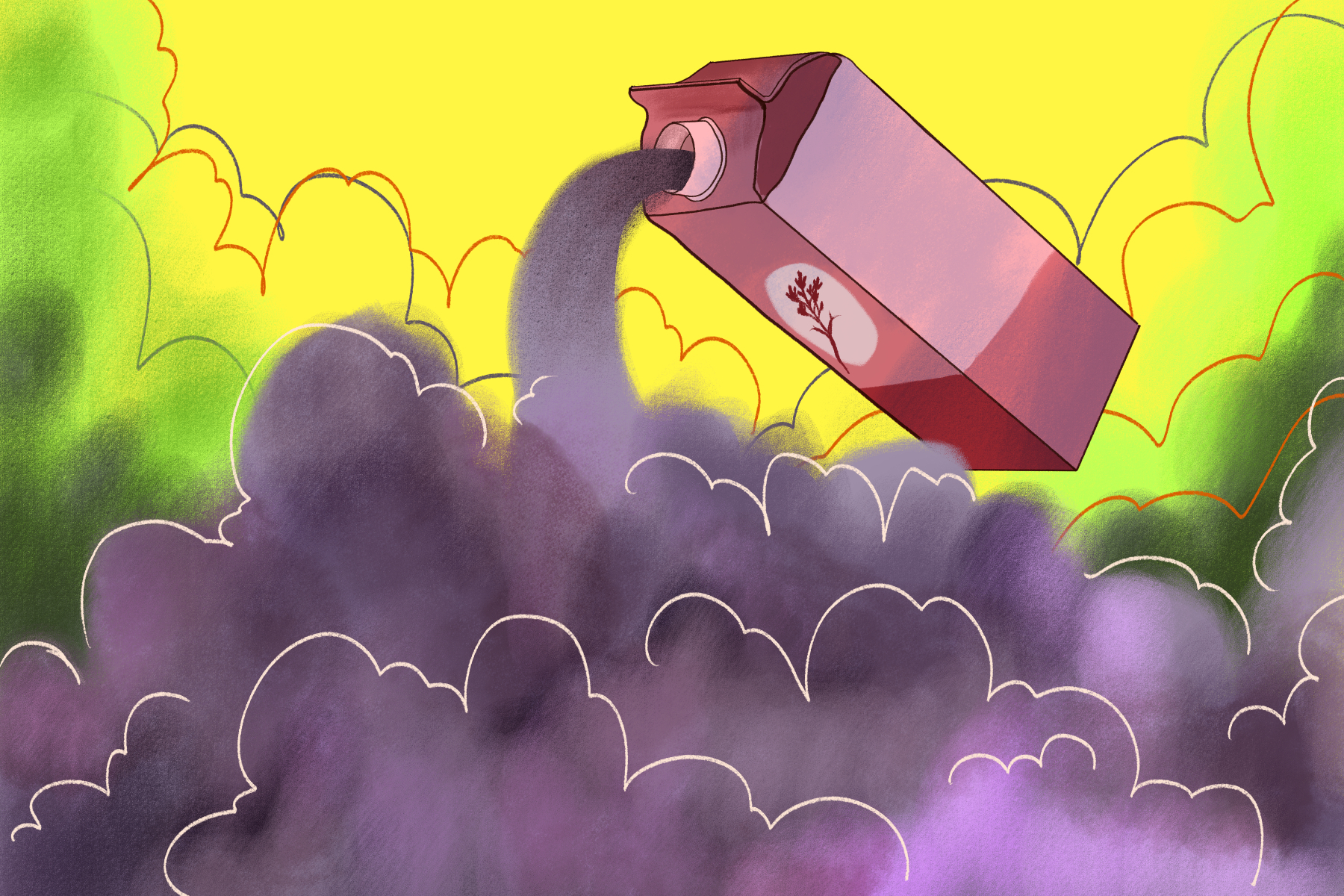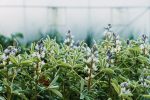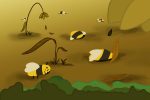The increased number of available environmentally-friendly choices this past decade has been transformational; by reducing plastic usage and meat consumption, increasing recycling opportunities and switching to non-dairy milk alternatives, society is slowly but surely becoming more nature-conscious. However, the dairy industry is still laden with what Animal Equality labeled “dark secrets.”
Immediately after birth, baby cows are “dragged away from their mother never to be seen again” despite the mother cow’s human-like “maternal instincts” and milk production that is intended for her calf. After this devastating beginning, calves are often subjected to solitary penning; over “90% of U.S. dairy cows are confined in primarily indoor operations.”
Isolated caging is followed by brutal mutilations, including, as Animal Equality noted, “branding, dehorning, and tail docking.” Many dairy cows face the same fate as their meat industry counterparts — “killed when their milk production declines,” and their beef is shipped to stores. In fact, “20% of the beef sold in stores comes from cows who were exploited by the dairy industry.” The numbers don’t lie: 9.3 million cows are “exploited for their milk in the US” alone.
Apart from the inhumane conditions of the dairy industry, raising cows has a serious effect on the environment. It distributes toxic greenhouse gasses, including methane, nitrous oxide and carbon dioxide into the ozone.
According to a 2018 study by University of Chicago researchers, non-dairy milk alternatives are not only far better for the planet than their dairy counterparts, but non-dairy options also result in three times less greenhouse gas emissions, and they consume nine times less land than dairy milk. Considering these stark realities, it’s no surprise that environmentalists and non-environmentalists alike turned toward a more animal and environmentally friendly alternative: plant-based milk.
As non-dairy milk continues to become more popular in grocery stores, it’s essential to educate yourself about which non-dairy, plant-based options are the most ethically sourced, as well as the most sustainable for the vitality of the planet.
Almond Milk
California produces a stunning amount of the world’s almond supply — 80% — and demand over the past decade has substantially increased. However, despite its initial popularity, almond milk is on its way out, due largely to recent discoveries that show its abysmal water usage and its decimation of the bee population.
So, how do you make almond milk, exactly? It starts with harvested almonds, which are either ground up or pulverized and combined with water and filtered accordingly. This process of turning almonds into almond milk, though, requires a massive amount of water; so much, in fact, that according to the scholarly article “Water-indexed benefits and impacts of California’s almonds,” “the average total water footprint of one California almond is around 3.2 gallons.” To put this in perspective, a single glass of almond milk requires a horrifying 130 pints of water, making almond milk the most water-guzzling dairy milk alternative.
A second reality of almond milk is its catastrophic effects on the Californian bee population. By pollinating almond trees, bees play an integral role in their growth and development. Yet, due to increased demand for almonds, bees have consequently been overworked, leading to a “record number of over one-third” of the almond-pollinating bees to “die by season’s end” as a result of these heightened pressures and environmental threats.
Despite its minimal greenhouse gas emissions, as well its small proportion of land use, almond milk production wastes an incredible amount of water in a state where water is already scarce. To put it simply, there are more sustainable non-dairy milk choices.
Coconut Milk
Although coconut milk uses far less water than almond milk, it rides the line in terms of being ethically collected and produced. Due to the fact that coconuts only grow in tropical climates, there is mounting pressure to meet the global demand for coconut milk, resulting in the “exploitation of workers and the destruction of rainforests.”
As The Guardian article “Almonds are out. Dairy is a disaster. So what milk should we drink?” by Annette McGivney noted, coconut pickers from the poorer regions of the Philippines, Indonesia and India are often exploited, making under a dollar a day. Like for many commodities that originate in the developing world, especially Latin American coffee, cocoa and bananas, mounting international demand has forced farmers into a sad reality: growing food to meet international demand instead of growing food to feed their own families and communities.
In sum, when in the market for coconut milk, it’s essential to choose products that are Fair Trade certified, including brands like “More Than Fair Organic Coconut Milk” and “PRANA Organic Fair Trade coconut milk.”
Oat Milk
Oat milk is a promising non-dairy milk alternative that has only been on the rise over the past few years, which can be seen with its nationwide Starbucks debut in March.
An associate director of science and technology for the Good Food Institute, Liz Specht is excited about this recent surge in oat milk sales, which have gone from $4.4 million in 2017 to $29 million two years later, “surpassing almond milk as the fastest-growing alternative.” She’s so thrilled because of how well “oat milk performs on all sustainability metrics.”
Another added bonus is that although oat sales are soaring, there is an abundance of oats at the ready; as Specht detailed, there is a “huge acreage that we can safely steal share from without moving the needle at all on total production.” Unlike almond production, then, there is an abundance of oats available to transform into a sustainable, plant-based milk alternative.
One slight drawback to this overall ethical and sustainable dairy-milk alternative revolves around monoculture oat operations, where the oats are “sprayed with the Roundup (weedkiller) pesticide right before harvest.” As studied and tested by the Environmental Working Group, glyphosate was “found in every sample of popular oat-based cereal and other oat-based food marketed to children,” namely, Quaker and General Mills. Luckily though, popular oat milk brands like Oatly certify that their oats are glyphosate-free.
Our Role as Consumers
Consumers have the power to change the world with sustainable and ethical choices. With this generation’s turn away from dairy milk to plant-based options, it’s important to recognize which non-dairy milk alternatives are following ethical and sustainable practices.
Regardless, though, plant-based options reign dominant over dairy milk. Going back to the experts, Isaac Emery and Liz Specht emphasized, “Whether it’s coconut, soy or oat, consumers should drink whatever plant milk is most appealing to them and not fret over sustainability shortcomings, which are chump change compared with the environmental harms from dairy.”
In sum, opt for non-dairy milk alternatives at all costs, and when you do, consider the ethicality and sustainability of said alternatives. It is your responsibility to be a knowledgeable consumer.

















